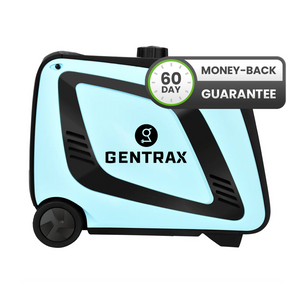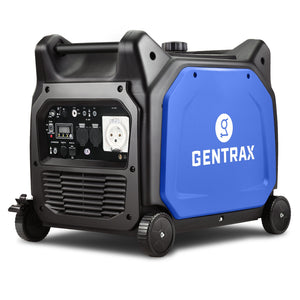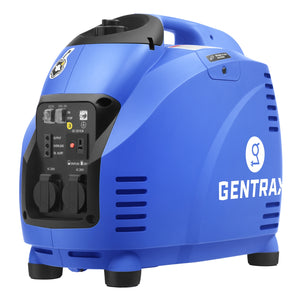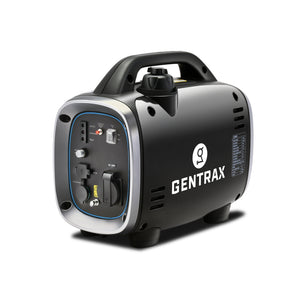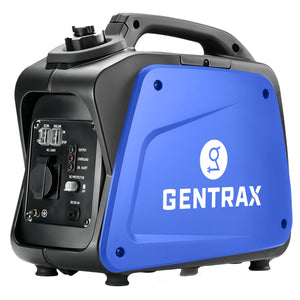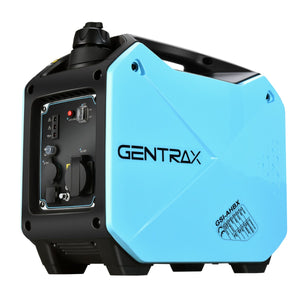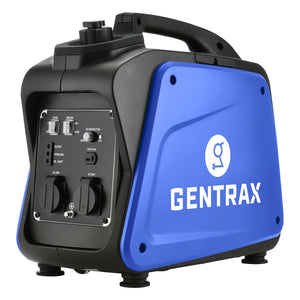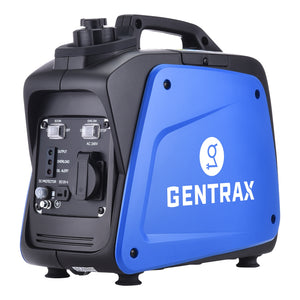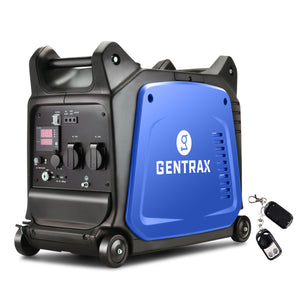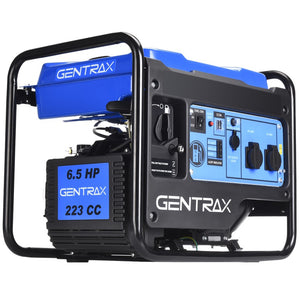Let's go straight to what most buyers are probably considering before buying a generator: How much will this cost me? Well, this will depend on what type of generator you need. Is it something that can run your entire household during a power interruption? A backup generator that is enough to run only the most essential appliances? Or are you a camper who wants a reliable portable generator to take with you on campsites or road trips?
Those who are after whole-house generators are the ones who need to prepare the most in terms of cost. These types fall between $1,000 to $10,000 and can either be portable or standby models. You can get a decent whole house generator for about $6,000 but if you have the budget, you can opt for the more expensive ones that suit your needs.
Standby and backup generators may sound similar but they're not. Unlike a backup generator that needs to be manually started, a standby generator is designed to automatically start when it detects a power failure and then reconnect to your utility power once it starts working again through an automatic transfer switch. This kind of generator can run either via propane or natural gas and deliver around 5,000 to 20,000 watts which costs between $3,000 to $6,000.
When it comes to camping and other outdoor activities, small portable generators ranging from 900W to 2000W are the best. They are the most affordable ones and can be priced at $130 to $400. If larger generators are out of the budget, these would be a good substitute for emergencies or brief outages. Here's a handy tip: If you decide to purchase a small generator, go for inverter generators. They are on the pricier side but are highly efficient, quieter, and equipped with advanced features for convenience and long-lasting use. You can even choose from various types depending on what you're looking for like silent generators, auto start generators, or battery generators.
Why are generators so expensive?
There are a number of reasons why standby generators cost a lot. These are mostly included in the installation process. For one, there's an additional cost for manpower, since installing a standby generator takes a lot of work-sometimes it even requires levelling the surface of your yard! Getting the foundation ready alone can take up to an hour with 2 people working on it plus, you need the generator driven to your home and carefully placed on the platform as well. The next factor would be the gas lines and electrical wiring, which would both need professionals for proper setup. You also need to take into account the cost of materials you will need for the installation and the generator testing process that needs to be done by a certified generator professional.
Now on to portable inverter generators. Why do these tend to be expensive too despite the significantly smaller size? First, inverter generators are quiet generators. This is a big upgrade from traditional ones that are known for their blaring noise. They are also equipped with safety features for a longer lifespan and easier maintenance such as overcharge and overload indicators. Lastly, diesel inverter generators are famous for being fuel-efficient, which will help you save a lot more with every usage.
What size generator is needed to power a house?
Normally, a 5000W to 7500W generator will be able to run large household equipment including refrigerators, freezers, and washing machines. A 7500W generator can even run all these appliances at once. Of course, the most accurate way to know exactly what size of generator you need for your house is to calculate the exact wattage of your home appliances. The best way to work it out is to make a list of all the equipment you would want to keep running in an emergency. Then, look at the watt rating for each of those, both for start-up and running watts. Start-up watts are always higher than the running watts, so even for the most basic setup, you will need a generator that can handle the highest start-up watt rating. You will also need to think about which appliances you will want to run simultaneously, e.g., fridge and lights.
What size generator do I need for camping?
Determining the size of a camping generator also requires the same thing. You should have an estimate of the amount of power you need by adding the wattage of the appliances you want to run, taking note of both their starting and running watts. For a quick idea, if you're going tent camping, a 2000W generator would usually be enough to keep common appliances running. If you're going for a ride in your caravan or RV, though, you might need something with a higher wattage, around 3000W minimum.
More from Outbax
Now that you have an idea of the prices, it's time to choose your generator. Browse through our range of inverter generators for sale or use our generator buying guide to help you get started. Outbax aims to provide every camper with high-quality, affordable generators so have a look at our small generator prices and take your pick. We even have other camping and home backup power sources such as solar panels and lithium batteries. For questions, feel free to reach our to our customer service team anytime.
